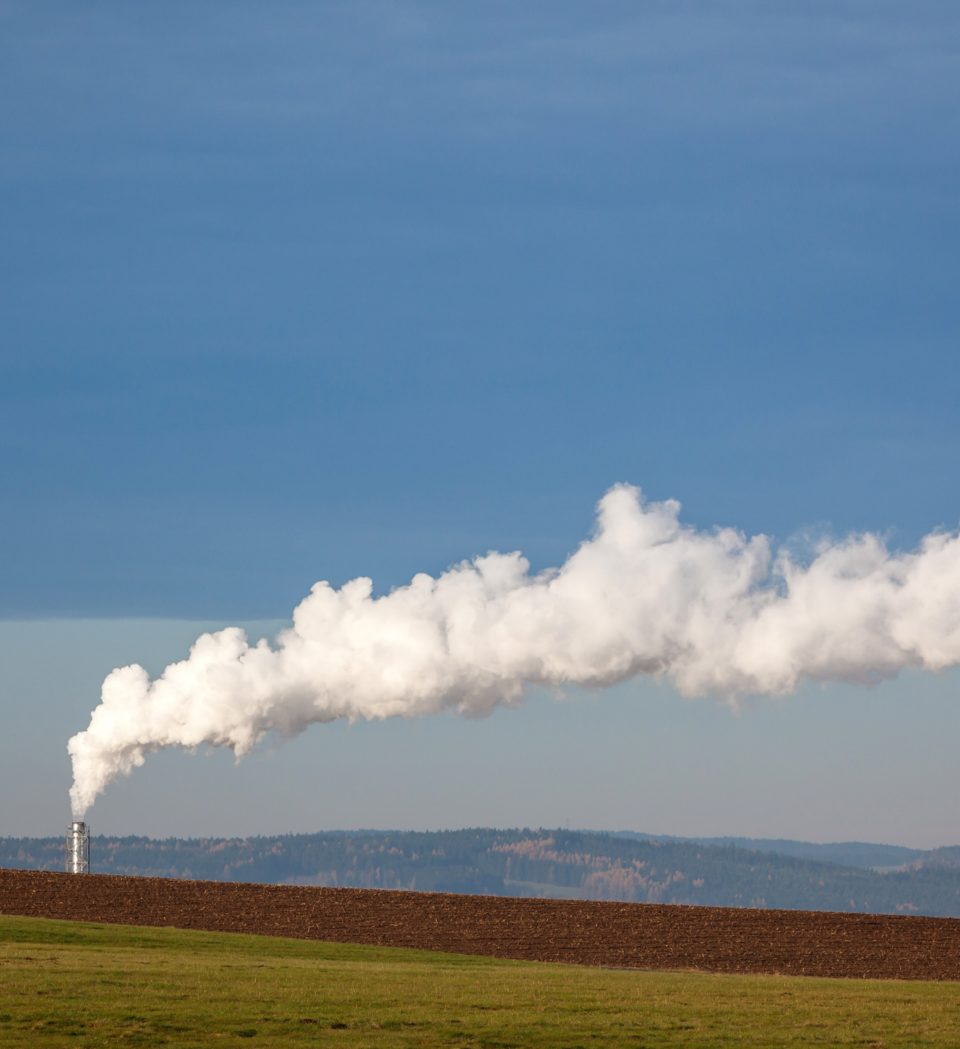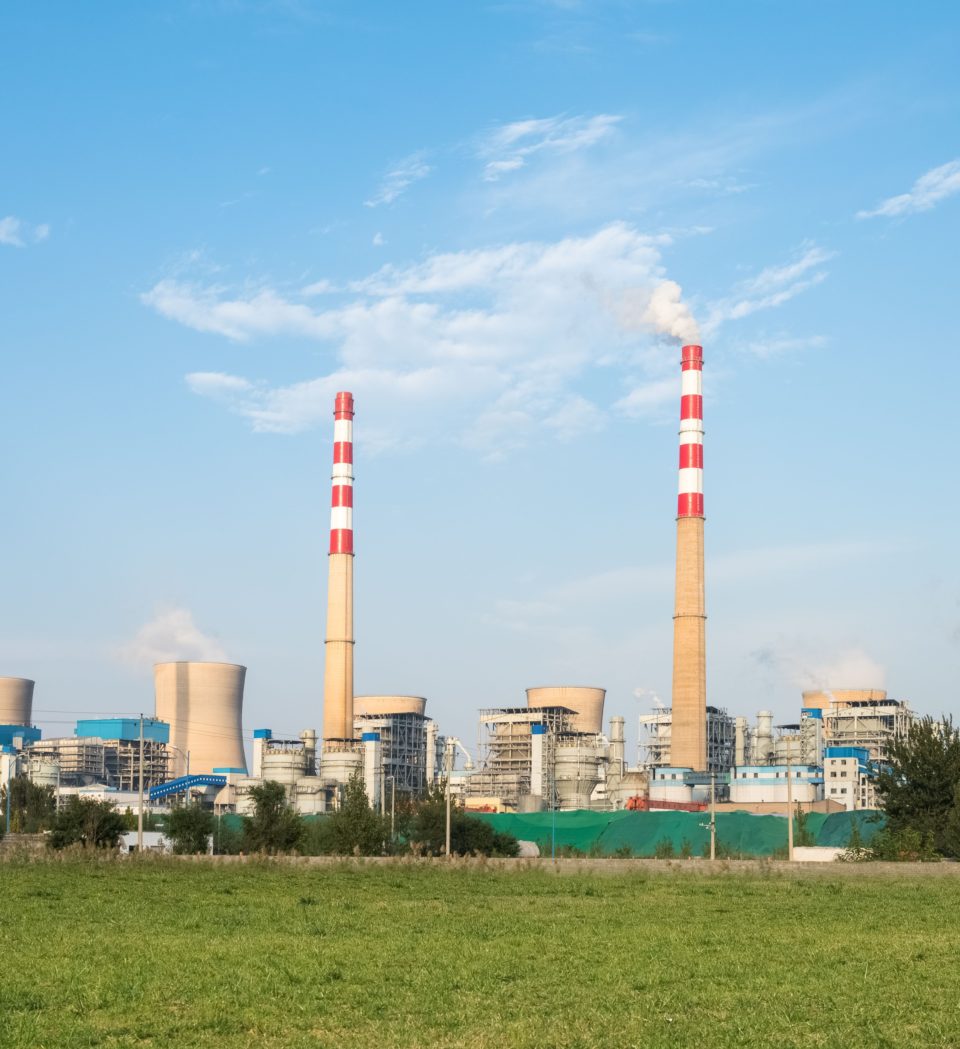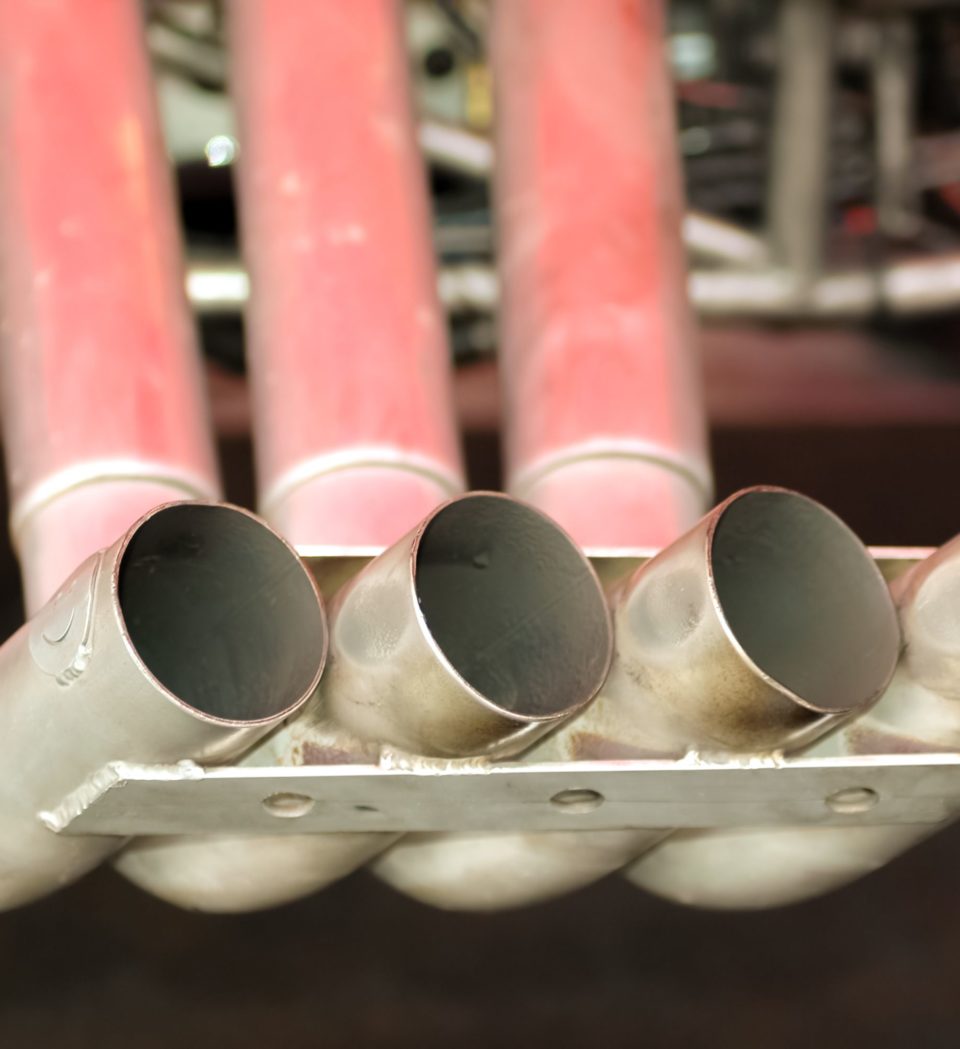
Diesel Emissions: What They Are and What Are Their Consequences
Diesel emissions recently made headlines when it was discovered automobile manufacturers were cheating diesel emissions tests. In 2015, evidence surfaced that Volkswagen was cheating on diesel-engine emissions tests. According to the Financial Times, John German — a senior fellow at the Internatio

Lower Diesel Emissions: Reducing Diesel Engine Emissions with Technologies
Lower diesel emissions mean better health for both people and the environment. To be fair, however, it should be noted that diesel engines exceptionally fuel efficient in relation to gasoline, ethanol, biodiesel, and propane-powered engines. A diesel engine is between 25 percent and 35 percent mor

Diesel Emissions: Types and Effects of Diesel Engine Emissions
Diesel emissions compared to gasoline, biodiesel, ethanol, propane, and natural gas is debated with regard to least/most and safest/worse. With respect to fuel efficiency, there is no debate. Diesel engines are far more fuel efficient than gasoline engines of comparable size. In fact, diesel engines

Gasoline vs Diesel Emissions: Types and Effects of Each on Health & Environment
Gasoline vs diesel emissions is a comparison measured by an accounting for fuel economy, fuel composition, and engine-type combustion characteristics. It is not unreasonable to assume that gasoline and diesel engines produce the same emissions. After all, both gasoline and diesel are hydrocarbon bas

Diesel, the Best Fossil Fuel
Comparing Diesel to Gasoline, Natural Gas, and Coal for Quality, Utility, and Availability There are three categories of fossil fuels: solid, gas, and liquid. Of all the solid fossil fuels; the gas fossil fuels; and the liquid fossil fuels, diesel has the highest energy-production-to-low-emissions r

